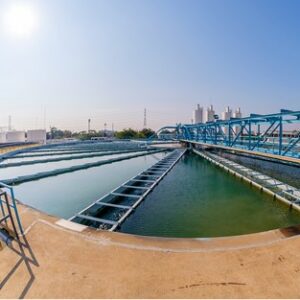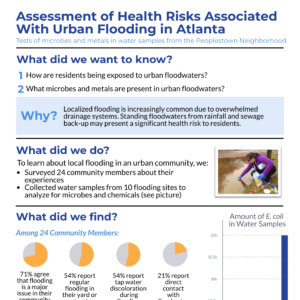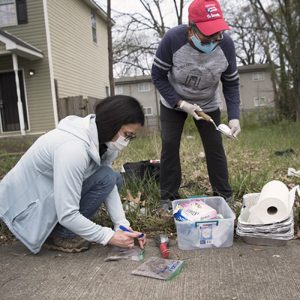
How Can NASA Help Environmental Justice Efforts in Metro Atlanta?
This is the question that Yun Hang, PhD, a post-doctoral fellow in the Gangarosa Department of Environmental Health, is trying to answer. Hang was awarded a grant by NASA’s Applied Sciences program...







